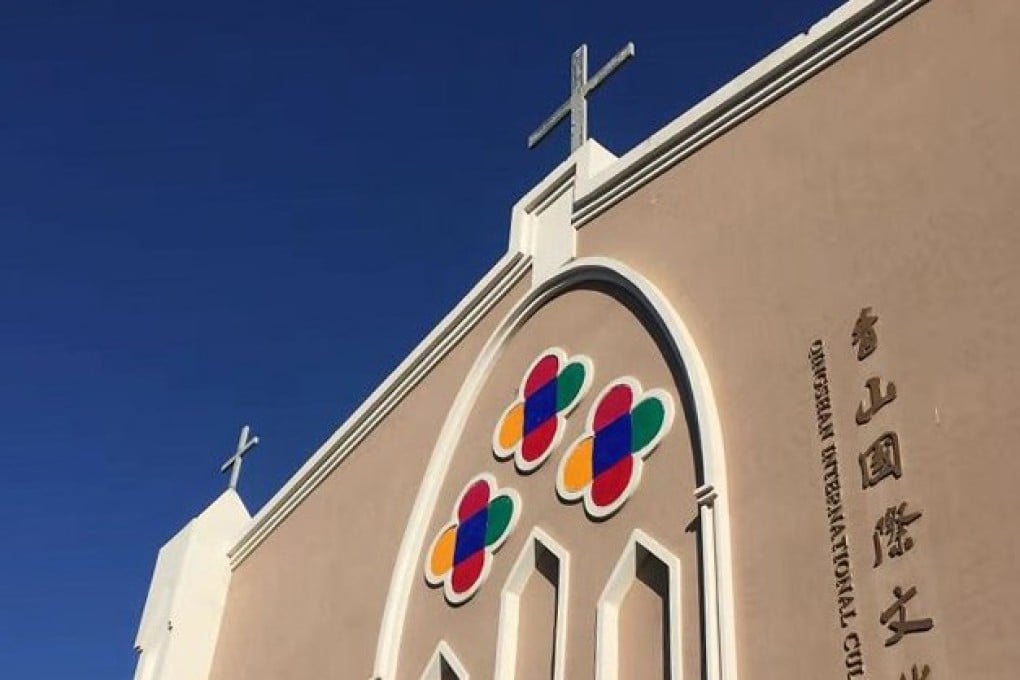Coronavirus: Wuhan Shincheonji member says church followed quarantine rules
- Devotee says meetings stopped in December, rejects claim it is source of infections in South Korea
- Seoul faces calls to shut down group, labelled a ‘cult’ by mainstream churches

The member, a 28-year-old kindergarten teacher who uses the social media name Angel, said she had not heard of other Shincheonji followers in Wuhan coming down with the disease, which causes a type of pneumonia known as Covid-19. She said she was in touch with other members online.
“I don’t know about [Shincheonji churches] in other Chinese cities, but we have been following the isolation measures from the government,” she said in a telephone interview.
The group’s alleged role in spreading the infection has focused attention on its unconventional beliefs, regarded as heretical by mainstream churches, and generated public anger along with a petition for it to be shut down. There is speculation Shincheonji members travelling from Wuhan brought the virus into South Korea.
As of Tuesday, South Korea had reported 5,186 confirmed infections and 28 fatalities from Covid-19.